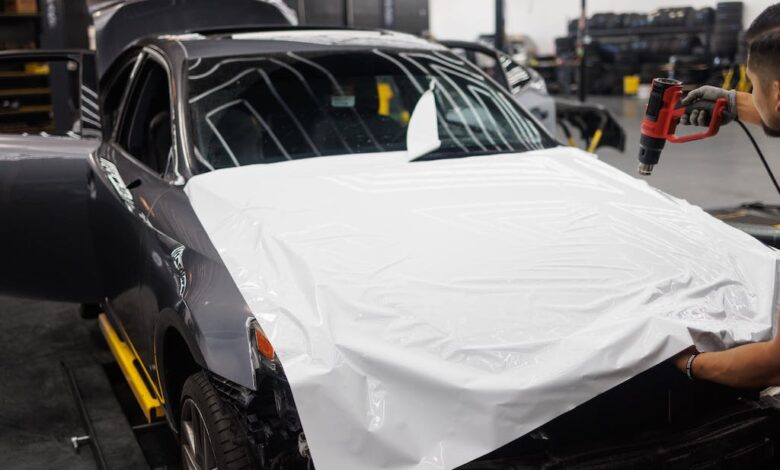Car Maintenance Basics For Drivers

Taking care of your car is important to keep it running well, keep you safe, and make it last longer. As a driver, it’s crucial to know the basics of car maintenance and regularly check your car to avoid breakdowns and costly repairs. This article will provide simple tips on car maintenance that every driver should be aware of.
Regular Oil Changes
Regular oil changes are crucial for maintaining the health of your engine. Engine oil lubricates the moving components and helps reduce friction, heat, and wear. Follow the manufacturer’s recommended oil change schedule, usually every 3,000 to 5,000 miles or as indicated in the owner’s manual. Failure to change the oil can result in engine damage and a decrease in performance.
Tire Maintenance
Proper tire maintenance improves fuel efficiency, traction, and overall safety. Regularly monitor your tire pressure with a tire pressure gauge and confirm that it aligns with the recommended levels mentioned in your car’s manual. Examine your tires for indications of wear, like uneven tread patterns or bulges, and replace them when needed. Additionally, rotate your tires at regular intervals to promote even wear and extend their lifespan.
Brake System Checks
The brake system is critical for your safety on the road. Regularly inspect your brake pads, rotors, and brake fluid levels. Pay attention to any signs of brake wear, such as squeaking or grinding noises, reduced responsiveness, or a pulsating sensation when braking. If you observe any problems, have a professional mechanic inspect or service your brakes.
Fluid Levels and Filters
Several fluids, including coolant, transmission fluid, brake fluid, and windshield washer fluid, are essential for your vehicle’s proper functioning. Make it a habit to routinely inspect these fluid levels and refill them when necessary. Additionally, replace filters, such as the engine air filter and cabin air filter, at recommended intervals to ensure optimal performance and clean airflow.
Battery Maintenance
A well-maintained battery is crucial for a reliable start-up. Clean the battery terminals regularly and check for any signs of corrosion. Ensure a secure connection and tighten any loose connections. If your vehicle’s battery is more than three years old, have it tested periodically to monitor its health and replace it if necessary.
Scheduled Maintenance Checks
Stick to the maintenance schedule given by the manufacturer for your vehicle. This schedule typically involves regular inspections, filter replacements, and specific services at certain mileage points. Keeping up with these scheduled maintenance checks can assist in spotting and resolving potential problems before they become significant issues.
